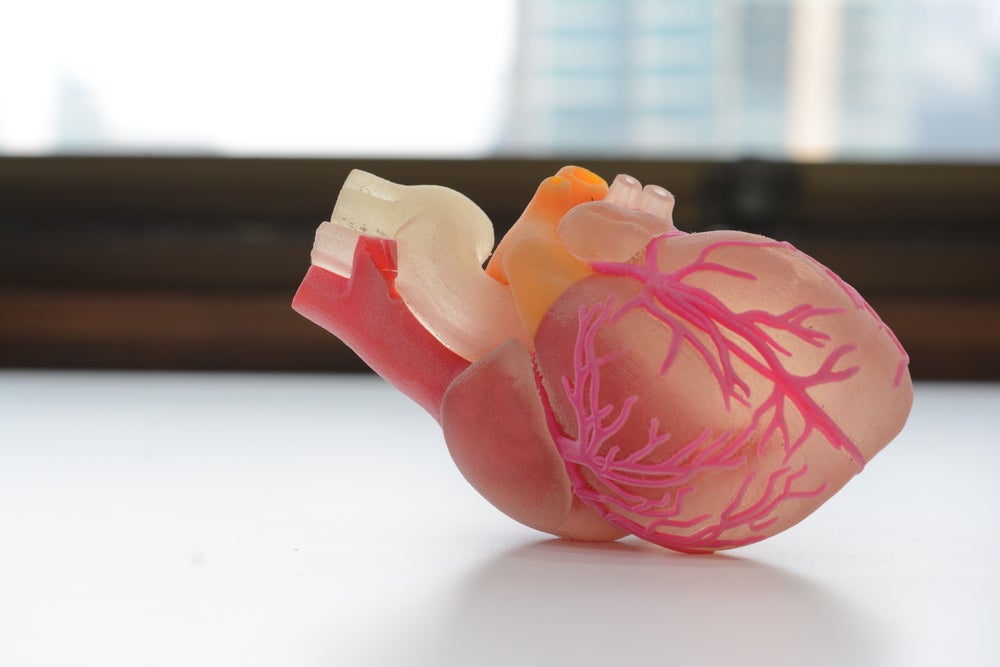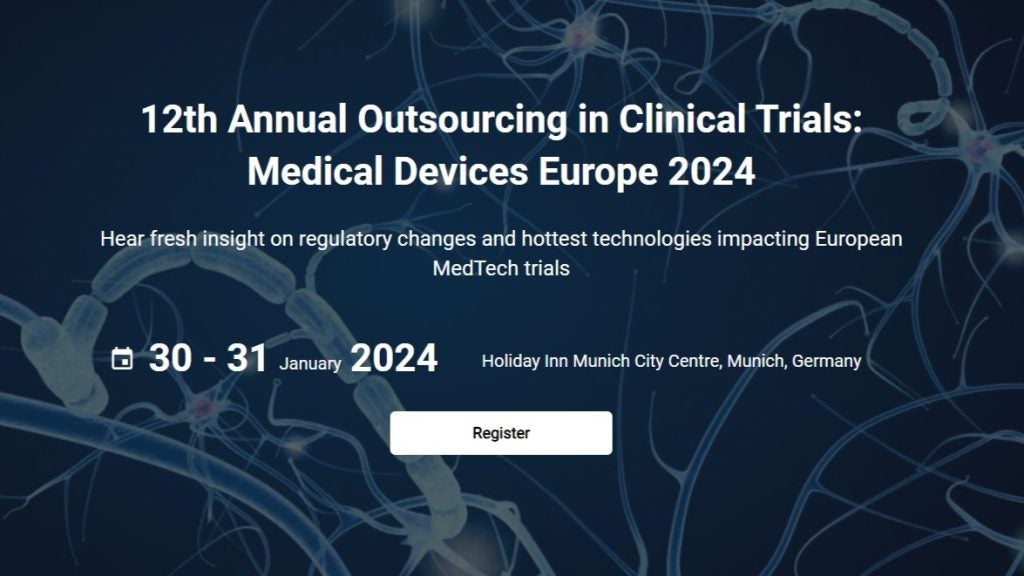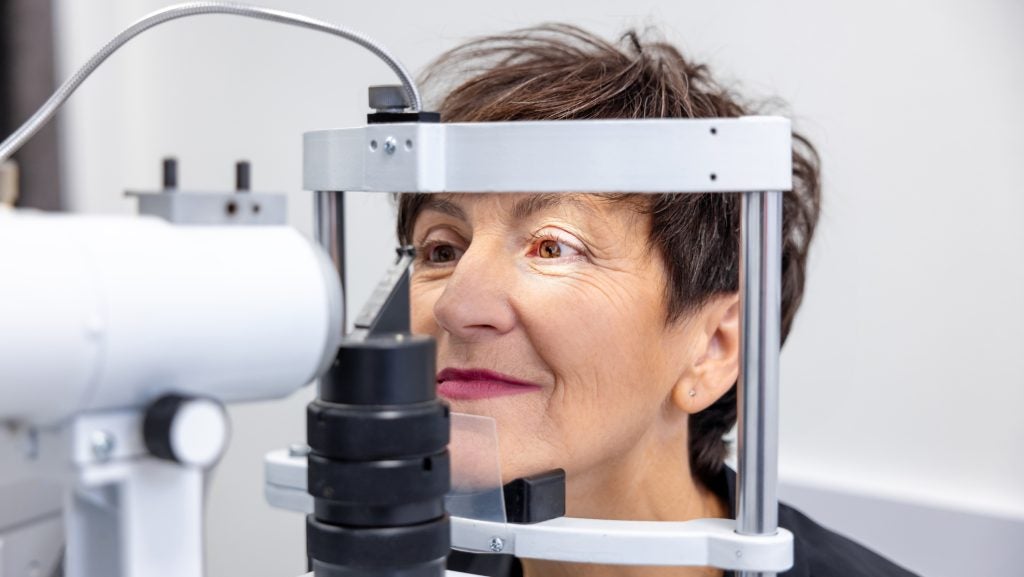The US Food and Drug Administration (FDA) has granted investigational device exemption (IDE) approval for Endovascular Engineering’s trial investigating its Hēlo Thrombectomy System in treating pulmonary embolism.
The ENGULF pivotal trial will evaluate the safety and effectiveness of the system in patients with PE, according to an 11 January press release.
The pivotal study follows the company’s ENGULF feasibility study. The US-based startup, which was founded in 2019, reported positive initial results from 15 patients in the study.
The single-arm, multi-centre, feasibility study demonstrated a significant reduction in right ventricular to left ventricular ratio. The FDA recognises the right ventricular to left ventricular ratio as a metric that increases morbidity and mortality.
Endovascular Engineering reported no major adverse events for any of the patients in the 30-day follow-up. The pivotal trial will build upon the data from the feasibility study, which enrolled a total of 25 patients.
National principal investigator for the pivotal trial Dr Andrew Klein said: "We intend to build upon the robust foundation of clinical success we've seen thus far, solidifying the Hēlo thrombectomy system's role as a transformative force in the treatment of pulmonary embolism.”
The Hēlo system simultaneously aspirates and mechanically disrupts the clot. Endovascular Engineering Endovascular states the tech performs clot removal in a single-pass.
An array of devices are currently used in thrombectomy procedures, which are mostly stent retrievers or aspiration catheters. The global thrombectomy device market was worth $1.7bn in 2023, and it is forecast to grow to $2.5bn by 2033, according to a report by GlobalData. The market is growing at CAGR of 3.86%. Over 118,000 pulmonary embolism thrombectomy procedures are estimated to be carried out by 2033.
Inari Medical, Boston Scientific, and Penumbra are the three global market leaders, according to the report. Inari Medical launched two new catheters to address venous stent thrombosis and venous thromboembolism in June 2023. The company is also carrying out its own trial in pulmonary embolism patients, having completed enrolment for the PEERLESS II study evaluating its FlowTriever system in May 2023.
Penumbra meanwhile kicked off the STORM-PE trial in November 2023, investigating its Lightning Flash thrombectomy system in the management of pulmonary embolism. The trial plans to enrol up to 100 participants.
Boston Scientific made waves in the space when it bought thrombectomy device developer Devoro Medical for up to $336m in 2021.















